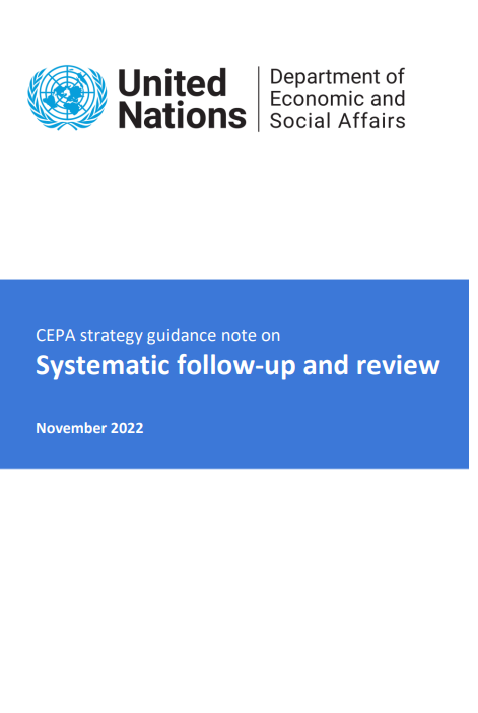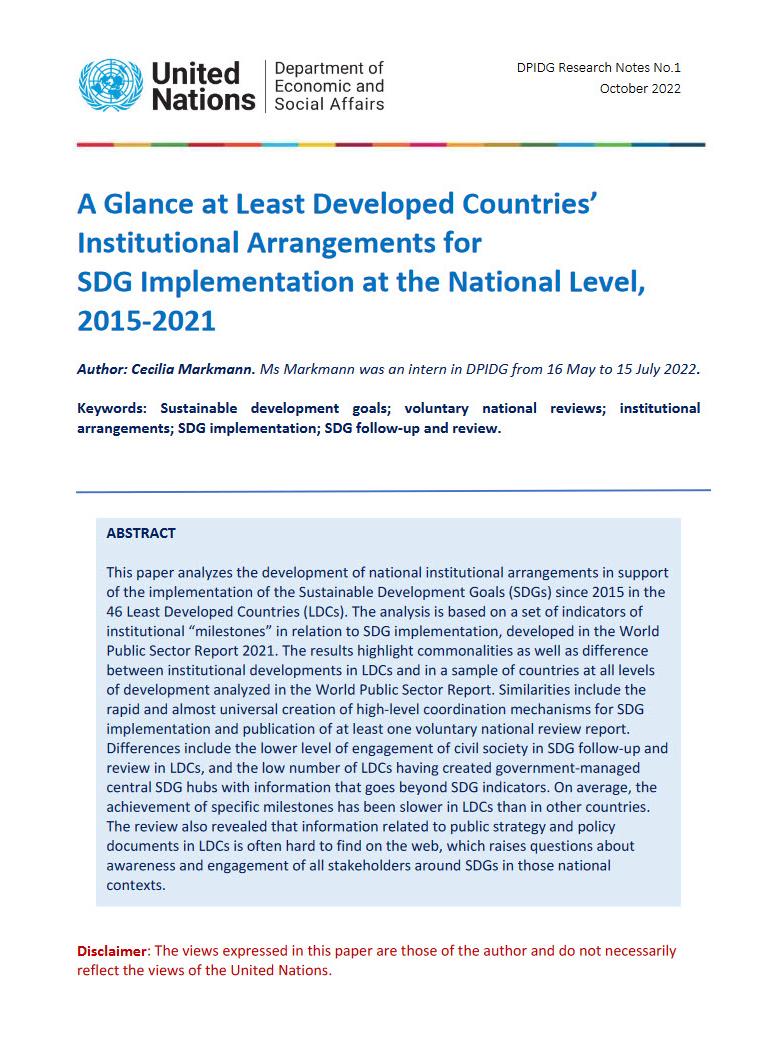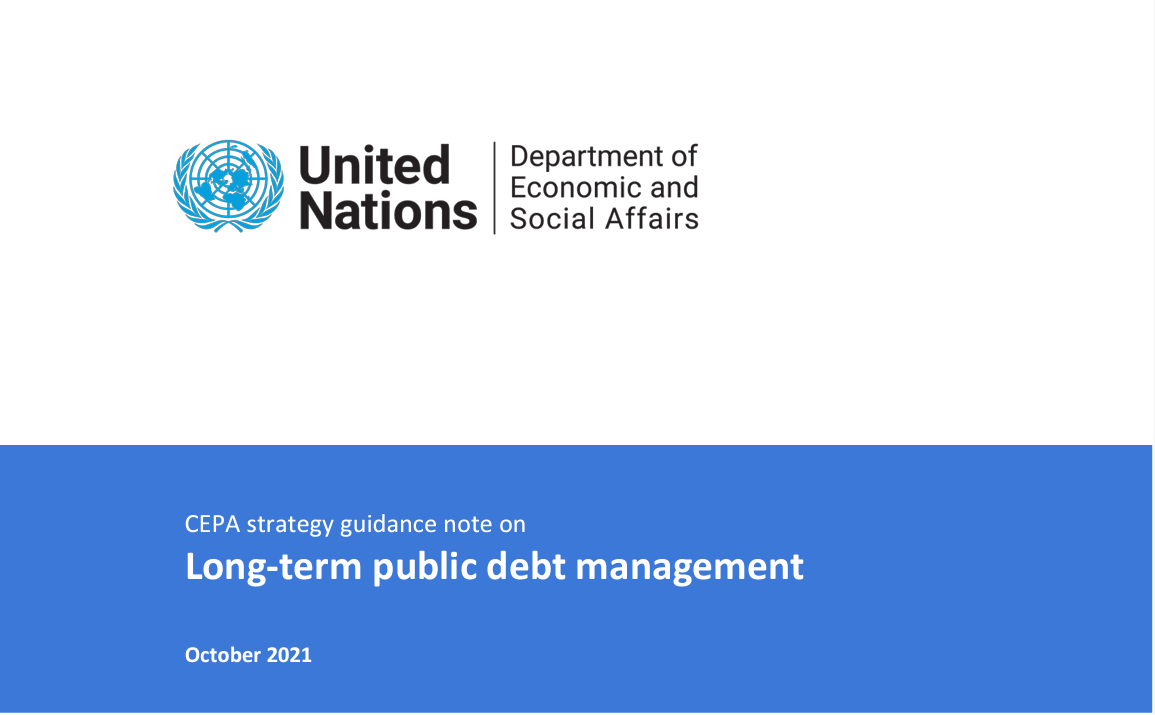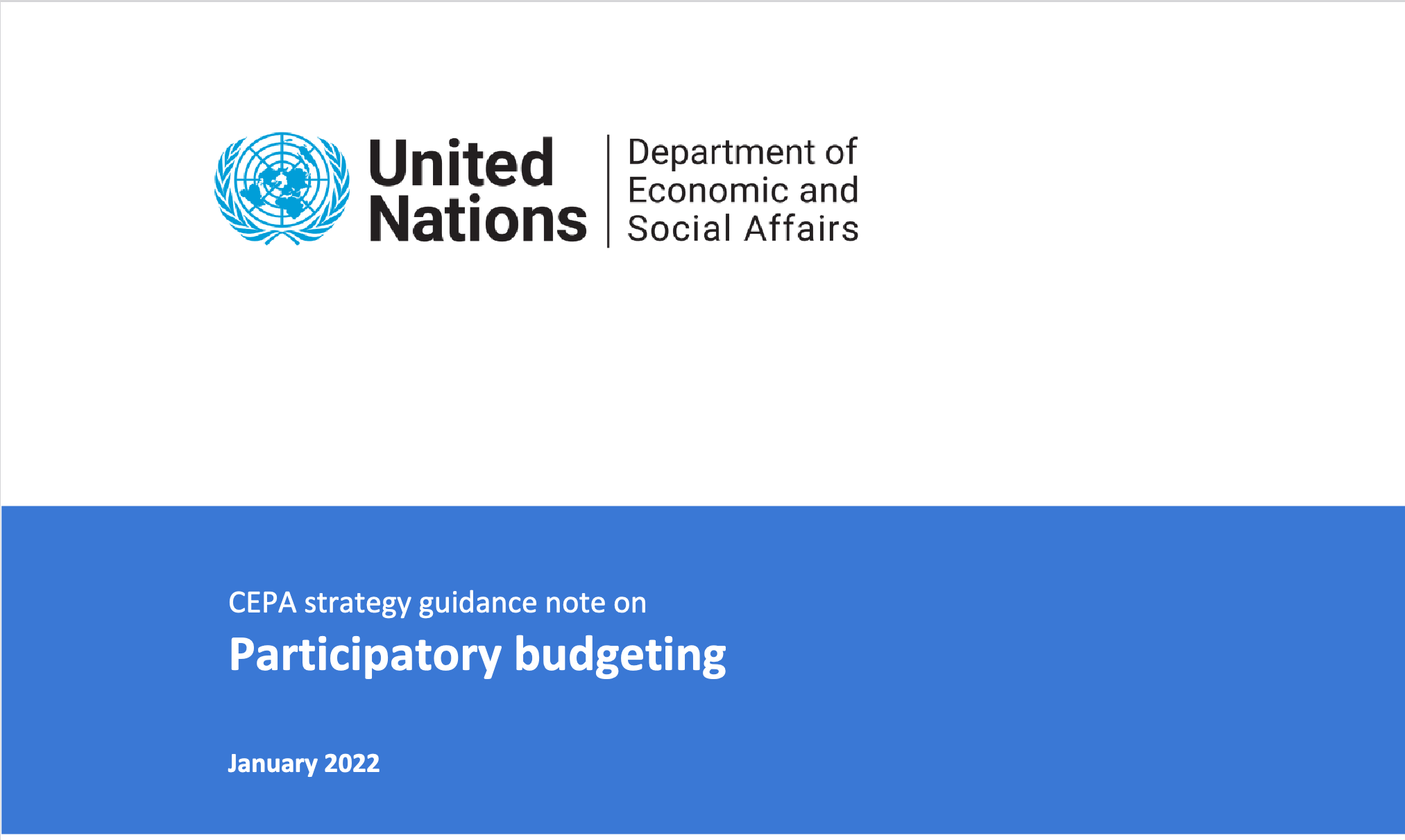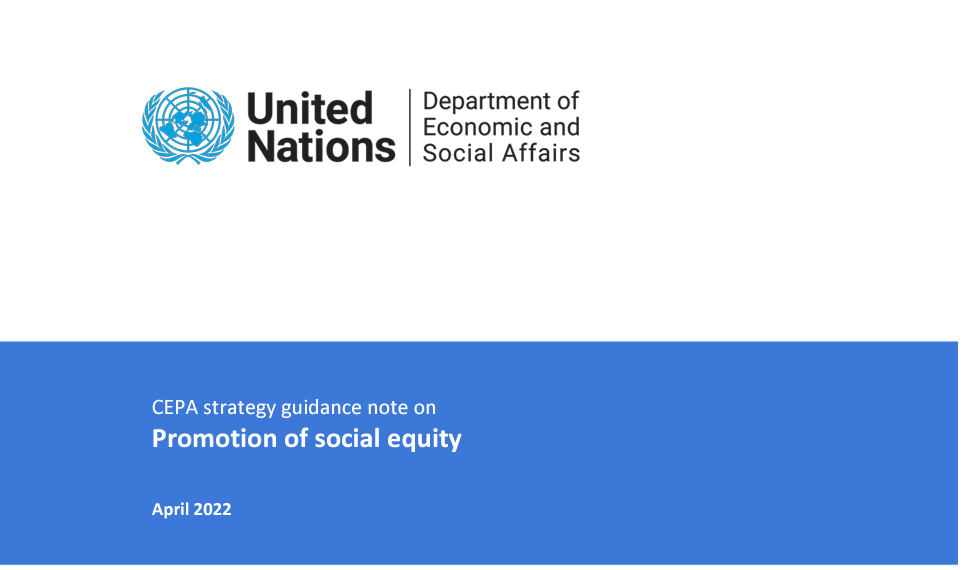| CEPA Strategy Guidance Notes | Principles of Effective Governance
CEPA strategy guidance note on systematic follow-up and review
UN DESA's work is supported by a growing series of strategy guidance notes on the many facets of effective governance for sustainable development which embody the knowledge and experience of hundreds of committed expert practitioners and academics…
| Policy Briefs | Digital Government | Public Institutions | Public Service Innovation
UN/DESA Policy Brief No. 139: Strengthening Disaster Risk Reduction and Resilience for Climate Action through Risk-informed Governance
Strengthening Disaster Risk Reduction and Resilience for Climate Action through Risk-informed Governance
Key Messages
Governments that consider risk in policymaking and successfully integrate risk management into their governance frameworks and…
| Research Notes | Public Institutions
A Glance at Least Developed Countries’ Institutional Arrangements for SDG Implementation at the National Level, 2015-2021
This paper analyzes the development of national institutional arrangements in support of the implementation of the Sustainable Development Goals (SDGs) since 2015 in the 46 Least Developed Countries (LDCs). The analysis is based on a set of…
| Research Notes | Digital Government
E-government for Resilient Governance: Opportunities and Challenges in Crises
This paper analyses how governments’ digitalization influences the resilience of governance in context of crises. The first part explores the concept of institutional resilience and draws a picture of how data and the Internet can contribute to…
| Policy Briefs | Public Institutions
UN DESA Policy Brief No. 136: Promoting non-discrimination in public administration: some entry points
Promoting non-discrimination in public administration: some entry points
Key messages
Public administration can both serve as a vehicle for discrimination and provide channels to address it.
Research is needed, in particular from developing…
| CEPA Strategy Guidance Notes | Principles of Effective Governance
CEPA strategy guidance note on long-term public debt management
This guidance note discusses the role of long-term public debt management as a strategy to promote sustainable development and intergenerational equity within the context of the 2030 Agenda.
| CEPA Strategy Guidance Notes | Principles of Effective Governance
CEPA strategy guidance note on participatory budgeting
Participatory budgeting (PB) broadly refers to the many ways in which the general public is able to interact directly with government in the design and implementation of budgetary and…
| CEPA Strategy Guidance Notes | Principles of Effective Governance
CEPA strategy guidance note on promotion of social equity
The promotion of social equity is one of the strategies for leaving no one behind, and can be understood as fairness, justice and greater equality for all in society. Achieving equity relies on an active commitment to these aims through the…
 欢迎来到联合国,您的世界!
欢迎来到联合国,您的世界!
